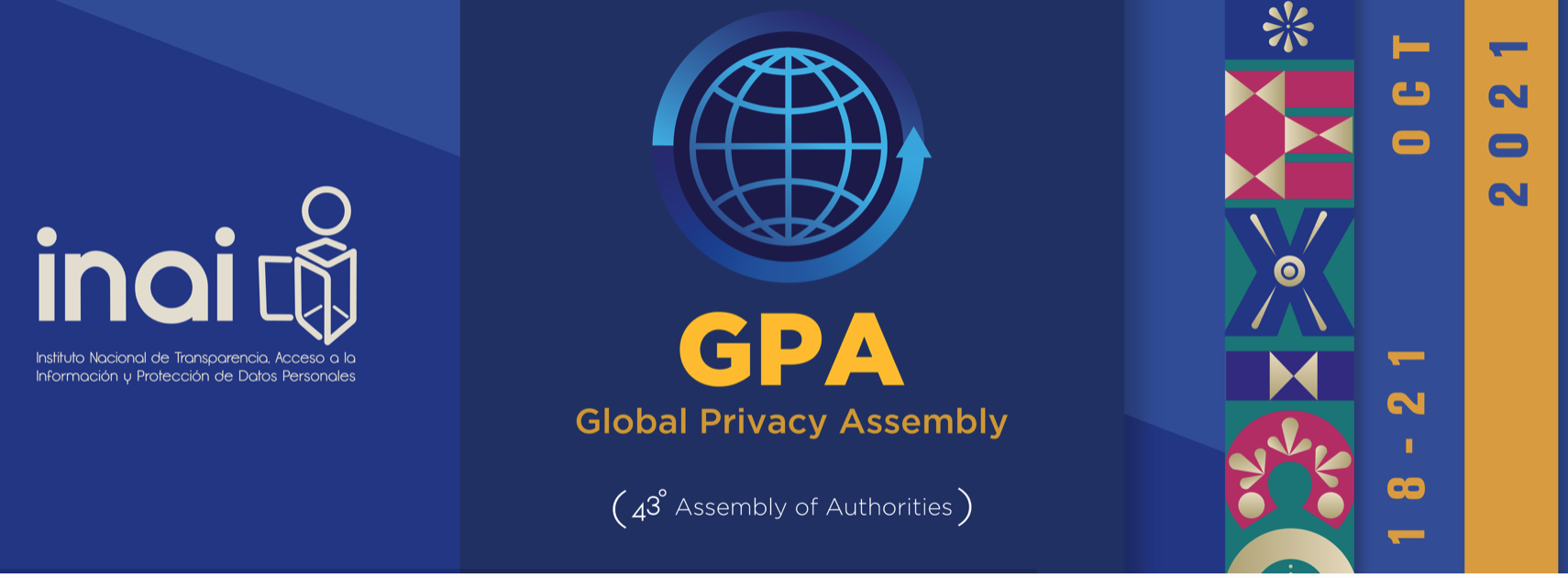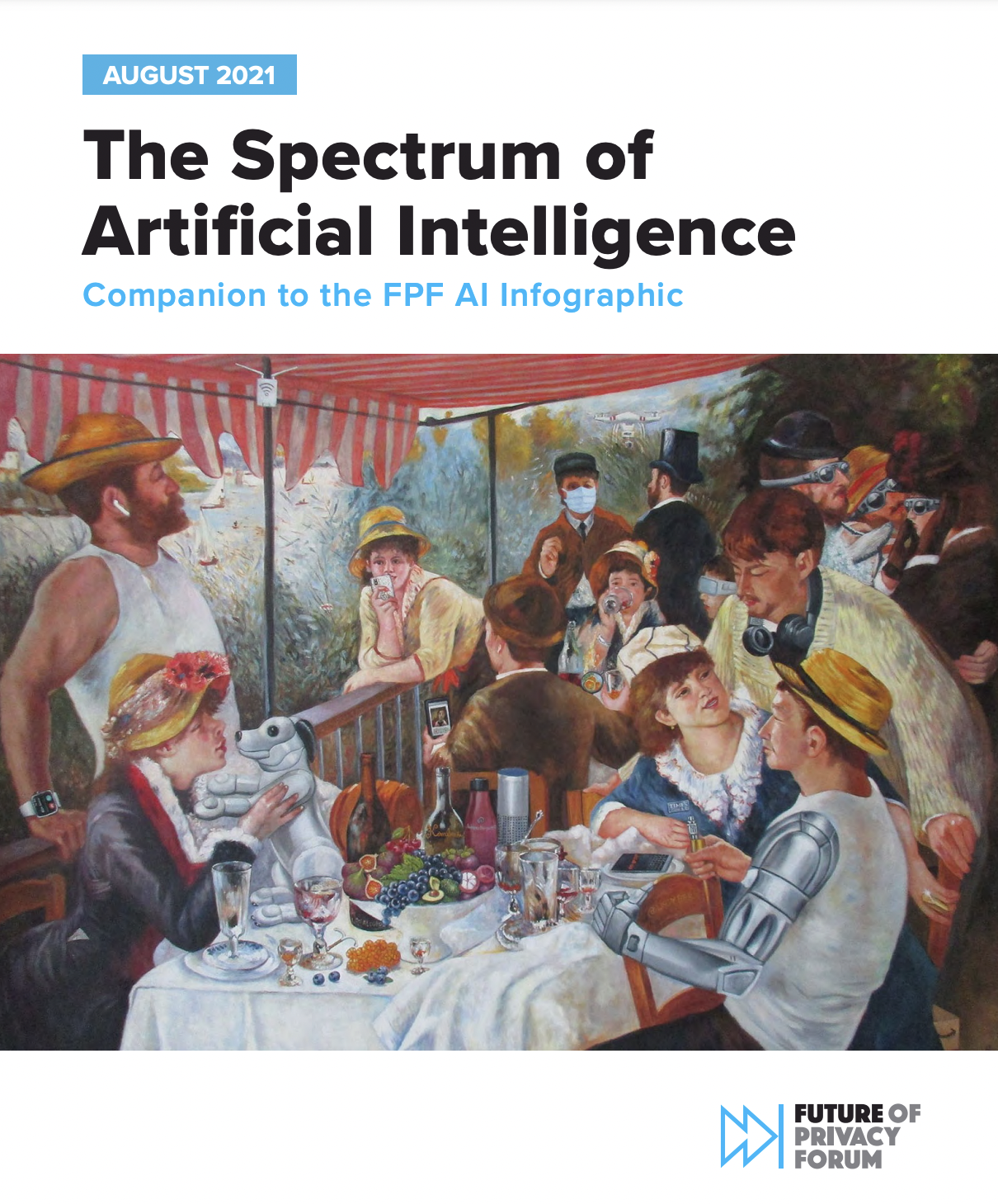
Dispatch from the Global Privacy Assembly: The brave new world of international data transfers
The future of international data transfers is multi-dimensional, exploring new territories around the world, featuring binding international agreements for effective enforcement cooperation and slowly entering the agenda of high level intergovernmental organizations. All this surfaced from notable keynotes delivered during the 43rd edition of the Global Privacy Assembly Conference, hosted remotely by Mexico’s data protection authority, INAI, on October 18 and 19.

Data Sharing … By Any Other Name
There are many different uses of the term “data sharing” to describe a relationship between parties who share data from one organization to another organization for a new purpose. Some uses of the term data sharing are related to academic and scientific research purposes, and some are related to transfer of data for commercial or government purposes. ..it is imperative that we are more precise which forms of sharing we are referencing so that the interests of the parties are adequately considered, and the various risks and benefits are appropriately contextualized and managed.

The State of Play: Verifiable Parental Consent and COPPA
Executive Summary Today, many children’s favorite playgrounds are found online. And verifiable parental consent, or VPC, is the digital version of giving a child permission to play. The challenges and opportunities posed by VPC have never been more important. Young people are using online services more than ever. Parents are grappling with how to protect […]

The Future is Open: The U.S. Turns to Open Banking
FPF is pleased to work with a broad set of stakeholders on concepts around privacy and open banking. For more information on our new Open Banking Working Group and related projects, please contact Jeremy Greenberg: jgreenberg@fpf.org. Introduction In July 2021, President Biden signed the Executive Order on Promoting Competition in the American Economy. The Executive […]

Event Report: From “Consent-Centric” Frameworks to Responsible Data Practices and Privacy Accountability in Asia Pacific
On September 16, the Asia-Pacific office of the Future of Privacy Forum (FPF) held its first event following its launch in August 2021. This event was hosted by the Personal Data Protection Commission (PDPC) of Singapore during the very popular “Personal Data Protection week” (PDP Week 2021). The theme of the event was Exploring trends: […]

Upcoming data protection rulings in the EU: an overview of CJEU pending cases
There has been a surge in questions posed by national courts to the Court of Justice of the EU (CJEU) in the past year on how various provisions of the General Data Protection Regulation (GDPR) should be interpreted and applied in practice. They vary from understanding essential aspects of the fundamental right to the protection […]

Joint Project to Explore Limits of Consent in Asia-Pacific Data Privacy Regimes
The Future of Privacy Forum (FPF), a non-profit organization that serves as a catalyst for privacy leadership and scholarship, has partnered with the Asian Business Law Institute (ABLI), a subsidiary of the Singapore Academy of Law (SAL). With this partnership, FPF Asia Pacific and Singapore’s top legal think tank join forces to offer a unique […]

China’s New Comprehensive Data Protection Law: Context, Stated Objectives, Key Provisions
The National People’s Congress (NPC) of China adopted on August 20, 2021 the first Chinese comprehensive data protection law, the Personal Information Protection Law (PIPL), less than a year after the first draft of the law was published. The NPC thus concluded its legislative process that saw two additional markups of the law since October […]

The Spectrum of AI: Companion to the FPF AI Infographic
This paper outlines the spectrum of AI technology, from rules-based and symbolic AI to advanced, developing forms of neural networks, and seeks to put them in the context of other sciences and disciplines, as well as emphasize the importance of security, user interface, and other design factors.

Now, On the Internet, EVERYONE Knows You’re a Dog
Digital identity systems vary in complexity. At its most basic, a digital ID would simply recreate a physical ID in a digital format, whereasa fully integrated digital identity system would provide a platform for a complete wallet and verification process, usable both online and in the physical world.
